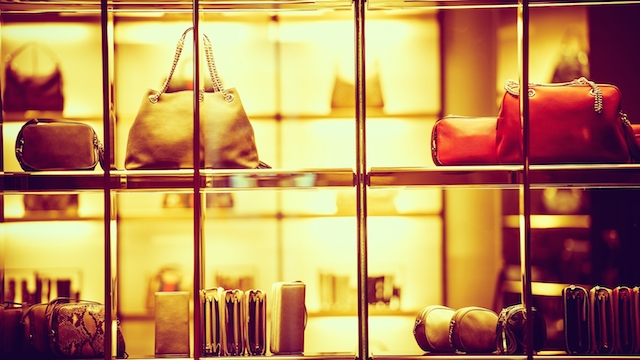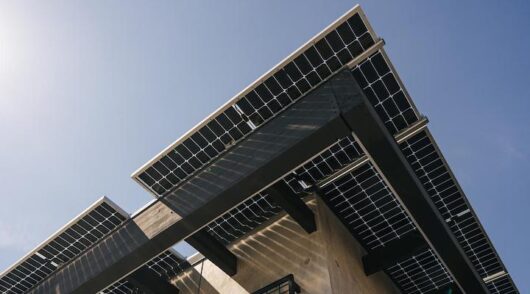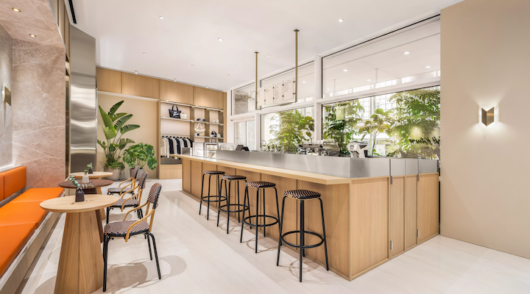Indonesia is to axe luxury taxes on most goods to encourage wealthy consumers to shop at home and boost the local economy.
Finance Minister Bambang Briodjonegoro announced Thursday the move would put luxury goods pricing in the nation on a par with that in neighbouring countries.
Luxury goods taxes – while seen by many as a fair means of extracting extra tax from the consumption of wealthier consumers, actually backfire in today’s world where people travel frequently and brands offer similar goods in a variety of markets. Locals with spending power tend to buy overseas instead of at home and tourists will buy luxury goods in locations where prices are lower and VAT cash back schemes are easy to use.
The scrapped taxes apply to electrical goods, apparel and accessories. Importers will now have to pay 10 per cent of the price as “income tax” – up from 7.5 per cent.
The government says the Indonesia luxury tax – typically around 20 per cent or more – will most likely be removed next week. Cars, boats and residential properties valued at over about US$150,000 will still be subject to ‘luxury’ taxes.
Bambang says the move will encourage shoppers to buy at home rather than in neighbouring destinations like Singapore.
“This aims at boosting people’s purchasing power. It makes the prices not expensive that it could ease people’s tendency to buy goods in foreign countries,” he said.
“The removal of luxury tax policy is also expected to keep economic stability and raise tax earning,” said Bambang.
There are few Asian countries now with high taxes on luxury goods – and Indonesia’s move will put pressure on them to follow suit and maintain competitiveness.






